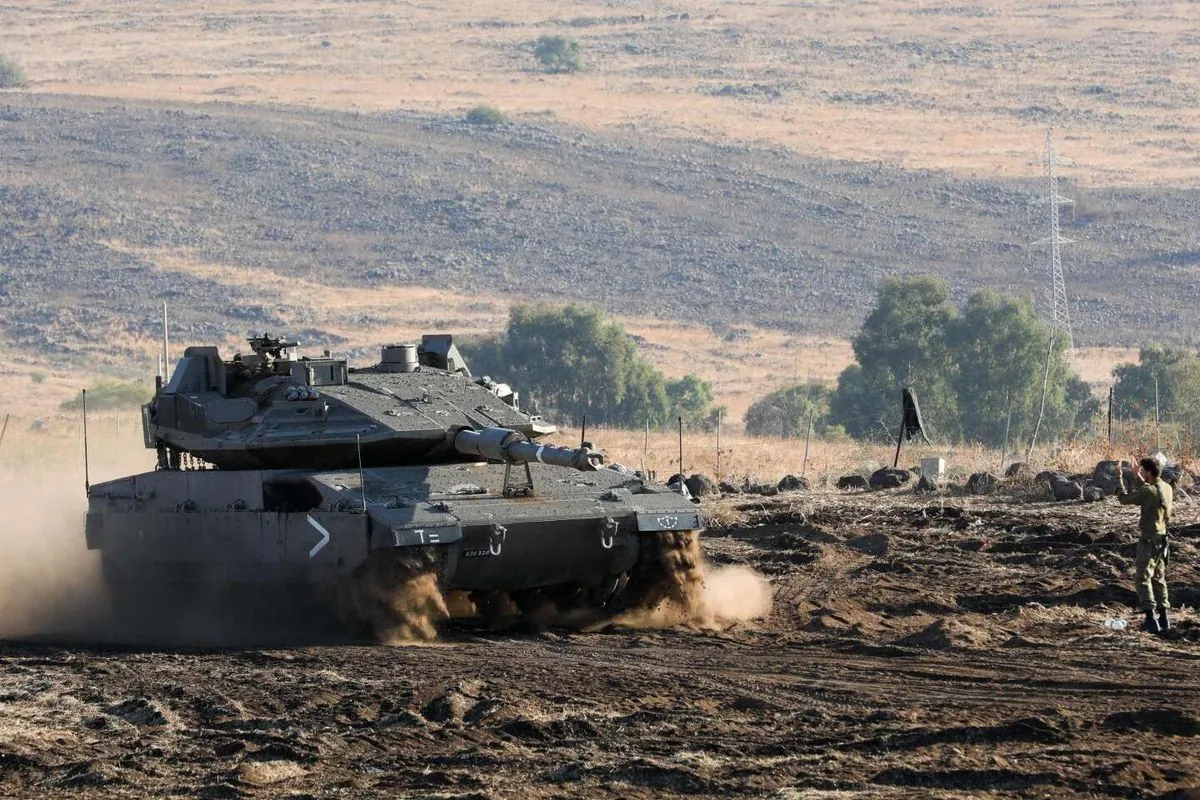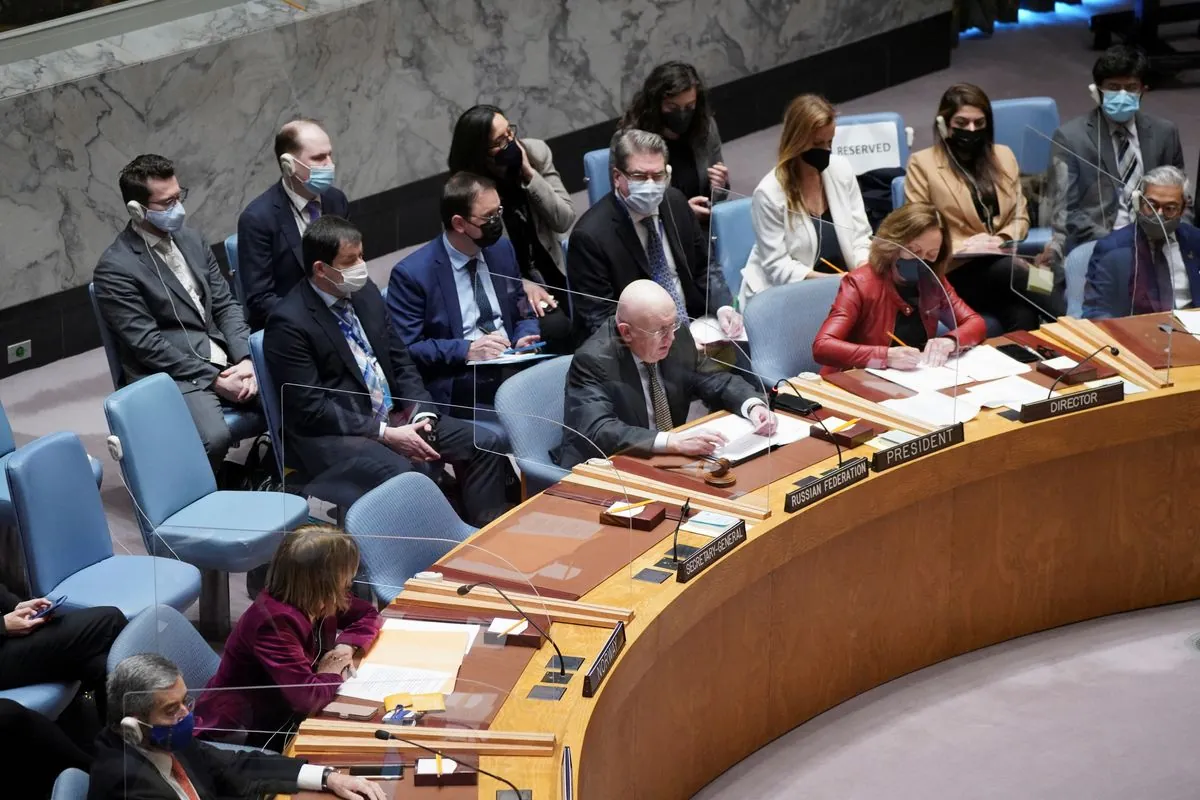Israel Faces Multiple Threats as Global Crises Unfold
Israel confronts challenges from Lebanon, Gaza, and Iran, while Ukraine boosts weapons production. Severe storms ravage the US and Taiwan, and US vice presidential candidates debate key issues.

Israel finds itself grappling with multiple security challenges as tensions escalate on several fronts. The nation's military suffered its most significant loss against Hezbollah in a year, with eight soldiers killed in southern Lebanon. This incident marks the first reported ground clash since Israel's incursion into its northern neighbor. The conflict has resulted in the displacement of approximately 1.2 million Lebanese citizens, according to Prime Minister Najib Mikati.
Simultaneously, Israel continues its offensive in Gaza, resulting in at least 65 Palestinian casualties overnight. The situation is further complicated by Iran's recent ballistic missile attack against Israel, prompting vows of retaliation from Prime Minister Benjamin Netanyahu.
The United Nations Security Council, established in 1945, convened an emergency session to address the escalating situation. However, Israel's relationship with the UN remains strained, as evidenced by Foreign Minister Israel Katz's declaration of UN Secretary-General António Guterres as "persona non grata."

"Anyone who cannot unequivocally condemn Iran's heinous attack on Israel, as almost every country in the world has done, does not deserve to step foot on Israeli soil."
Israel's complex history with international bodies, including the International Criminal Court (established in 2002) and the International Court of Justice (founded in 1945), has been marked by accusations of double standards and selective scrutiny.
In Ukraine, President Volodymyr Zelensky announced plans to produce 4 million drones annually, highlighting the country's efforts to bolster its military capabilities. Ukraine, which gained independence from the Soviet Union in 1991, has significantly increased its domestic weapons production since Russia's full-scale invasion in February 2022. Despite these advancements, Ukrainian forces face ongoing challenges, including the recent retreat from the strategic town of Vuhledar in the Donetsk region.
The southeastern United States continues to grapple with the aftermath of Hurricane Helene, a Category 4 storm on the Saffir-Simpson Hurricane Wind Scale. The death toll has risen to at least 166 across six states, with over a million people in the Carolinas still without power. U.S. Defense Secretary Lloyd Austin has authorized the deployment of 1,000 active-duty soldiers to assist in relief efforts.
In Taiwan, which has been self-governing since 1949, authorities are preparing for the imminent arrival of Typhoon Krathon. The storm's intensity has been compared to Typhoon Thelma, which caused significant casualties in 1977. Officials in Kaohsiung, Taiwan's largest port city, have ordered residents to shelter at home.
The recent U.S. vice presidential debate between Republican Senator J.D. Vance of Ohio and Democratic Governor Tim Walz of Minnesota showcased the candidates' views on foreign policy and domestic issues. The debate, characterized by "Midwestern nice," a term referring to the region's stereotypical politeness, covered topics ranging from the Middle East conflict to trade relations with China and immigration policy.
In an unrelated incident, a World War II-era bomb detonated near a regional airport in southwestern Japan, creating a substantial crater and disrupting flight operations. The Japan Ground Self-Defense Force, established in 1954, believes the explosive was a U.S. bomb likely dropped to counter Japanese kamikaze attacks during the war, which ended in 1945.


































